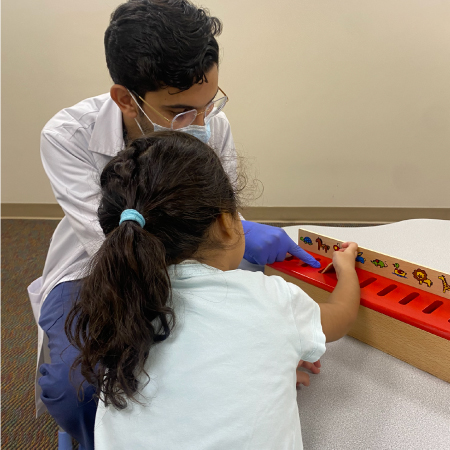
News & Events
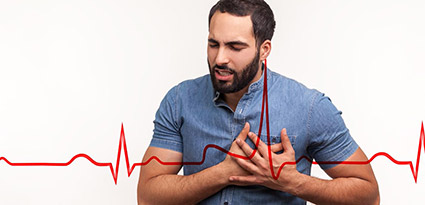
Survive a heart attack when alone
A heart attack is the result of a build-up of cholesterol, fat, and other substances that causes plaque formation in the coronary arteries that provide blood flow to the heart. The plaque formation disrupts the blood flow and can damage the heart muscle.
Heart attacks often occur when people are alone. Knowing what to do when heart attack symptoms come on can save your life. People sometimes ignore symptoms of an oncoming, deadly heart attack, and this can be fatal.
Signs and Symptoms
The most obvious symptom of a heart attack is chest ache, pain or discomfort. Chest discomfort usually occurs in the center of the chest; other symptoms include:
- A feeling of heaviness, tightness, pressure, aching, burning, numbness, fullness, or squeezing. The pain can either last for several minutes, go away, or come back repeatedly.
- Pains in the torso/upper body, including the arms, left shoulder, back, neck, jaw, or stomach
- Difficulty breathing/feeling out of breath
- Sweating or "cold" sweating
- A sense of fullness, indigestion, or choking
- Nausea or vomiting
- Lightheadedness, dizziness, feeling like you might faint
- Unexplained tiredness, weakness, extreme weakness (like you can't do easy tasks), or severe anxiety reacting to symptoms
- Rapid or irregular heartbeat
Risk Factors
- Men who are 45 years old or older and women who are 55 years old or older have an increased risk of suffering from a heart attack.
- Tobacco use
- High blood pressure or high blood cholesterol or triglyceride levels
- Diabetes, obesity, and stress
- Family history of heart attack
- Lack of physical activity
- Illegal drug use
- A history of preeclampsia or an autoimmune condition such as rheumatoid arthritis or lupus
What should you do if you are alone and have a heart attack?
- Call 911 The most important thing to do when you suspect a heart attack is to call emergency medical services. Always call 911 before you attempt to contact anyone else. Calling 911 will almost always be the quickest way to get treatment. Even if you live in an area that an ambulance may have difficulty getting to, the emergency dispatcher can provide you with instructions on minimizing the damage.
- Consider contacting someone to come over immediately. If you have a trustworthy neighbor or relative who lives nearby, make another phone call asking that person to come to meet you. Having another person nearby can be helpful if you suddenly go into cardiac arrest. You should only do this if the emergency dispatcher permits you to get off the phone or if you have a second line you can call on while the dispatcher stays on the first line. Do not rely on another person to get you to the hospital. Wait for emergency paramedics to show up.
- Chew on aspirin. Chew and swallow a single 325-mg or two tablets of baby aspirin 81-mg. Chewing on aspirin is especially effective if done within 30 minutes of your first symptoms. Aspirin inhibits platelet development. Taking aspirin can delay the formation of blood clots that could further block your arteries during a heart attack. Chew the aspirin before swallowing it. By chewing the aspirin, you release more of the medicine directly into your stomach and hasten its ability to get into your bloodstream. Do NOT use this treatment If you are on a medication that interacts poorly with aspirin or have otherwise been told by your doctor not to take aspirin or if you are allergic to aspirin.
- Do not attempt to drive. Driving yourself to the hospital is not recommended. If you begin to experience heart attack symptoms while driving, immediately pull off to the side of the road. If you suffer from a cardiac arrest, you will pass out. This is the main reason why driving while suffering from a heart attack is not advised.
- Remain calm. As frightening as a heart attack is, rushing around or putting yourself into a state of panic can worsen the problem. Relax as much as possible to keep your heart rate steady and calm. Count as a way of slowing your heartbeat. Make sure that your counts are slow, using the standard one-one-thousand, two-one-thousand, three-one-thousand counting.
- Lie down. Lie on your back and raise your legs upward. This opens up the diaphragm, making it easier for you to breathe and supply oxygen to your blood. Make the position easier to maintain by propping your legs up on pillows or another object. You could also lie down on the floor with your legs propped up on a couch or chair. Make your way carefully if you cannot immediately lie down or sit, such as working on a ladder or crossing traffic. If you feel dizzy or unable to walk correctly, watching a fixed object such as the horizon or a large fixed object might help calm you and help you control the situation until help arrives.
- Take deep, steady breaths of fresh air. Even though your instinct might be to take rapid breaths when you experience a heart attack, the best way to maintain a constant supply of oxygen to your blood and your heart is to take slow, deep breaths. Consider lying down in front of an open window, open door, fan, or air conditioner. Providing yourself with a consistent stream of fresh air can help supply your heart with oxygen.
- Do not attempt Cough CPR. A common myth is that you can survive a heart attack alone by coughing in a particular manner. This probably won't work, and worse still, attempting this technique may put you in more danger. Attempting this procedure on your own can cause you to accidentally work against the rhythm of your heart and make it harder to get oxygen into your blood rather than easier.
- Avoid food and drink. Eating and drinking are probably the last things on your mind when you experience a heart attack, but just in case, you should avoid food and drink even if you want them. Having anything other than aspirin in your system can make it more complicated for paramedics to give you adequate treatment. If necessary, you can swallow a little water to help you get the aspirin into your system, but even this should be avoided if possible.
- Follow-Up: Talk to your doctor about what to do in the future. Suffering a heart attack increases your risk of experiencing a heart attack in the future. When you survive your heart attack this time, you should talk with your physician to discuss improving your chances of survival if you should suffer from one again.
Your physician can prescribe medications for treating cardiac problems, including:
- Nitroglycerin to help widen the blood vessels and lower pressure on the arteries
- Beta-blockers to block the hormones responsible for triggering stress responses in the heart and surrounding cardiac tissue.
- Blood thinners to lessen chances of blood clots and anti-stickiness meds for platelets, both of which help prevent future heart attacks due to blockage of the arteries in the heart.
You should get treatment for your heart attack within the first hour of your initial symptoms. If you wait longer than that, your heart will have more difficulty repairing the damage/cell death in the muscles of the heart. The ultimate goal is to have the constricted artery back open within 90 minutes to minimize damage as much as possible.
It is also essential for you to talk to your doctor about reducing your risks of experiencing other heart diseases through diet, exercise/cardiac rehab, sleep, and other lifestyle changes.

World Breastfeeding Week
JHAH joins the World Alliance for Breastfeeding Action and the MOH in supporting World Breastfeeding Week

How to sleep better
A good night’s sleep can help repair damaged heart and blood vessels. We have simple tips to help you sleep better
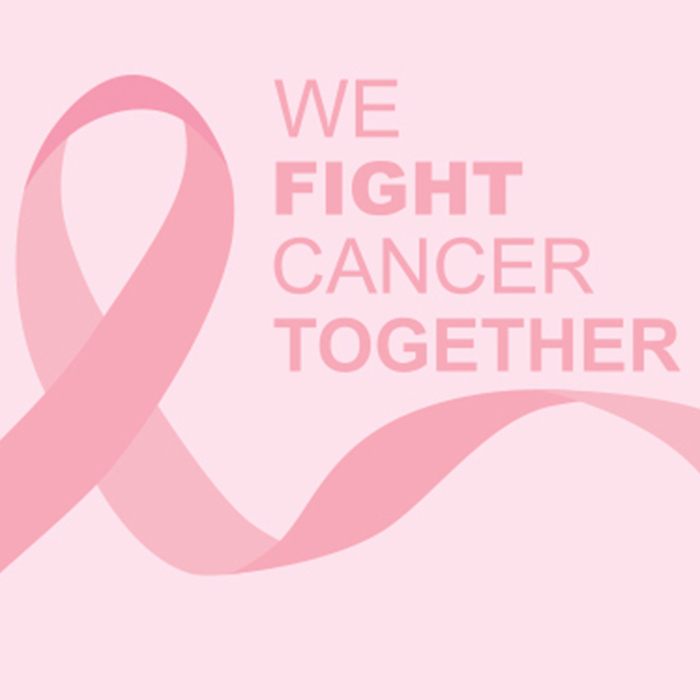
The fight against breast cancer
The good, and bad news about breast cancer – and how to fight it
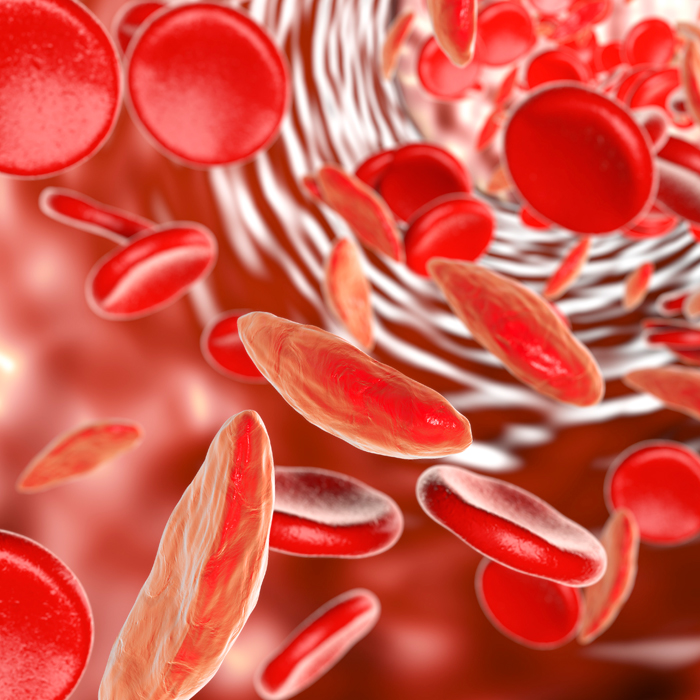
Tackling the pain of sickle cell
Find out how changes to how we manage the pain of sickle cell disease have led to a massive drop in emergency care and hospitalization

Immune System Boosting Meal Plans
A few ideas for a good nutrition program that can help strengthen your immune system

Tips to Strengthen your Immune System
There are many health and nutrition tips that can boost your immune system

Top Tips to Controlling Your Diabetes
The Kingdom is the second in the Middle East and the seventh globally in the rate of Type 2 diabetes, find out how you can take control of your diabetes and lead a healthy life
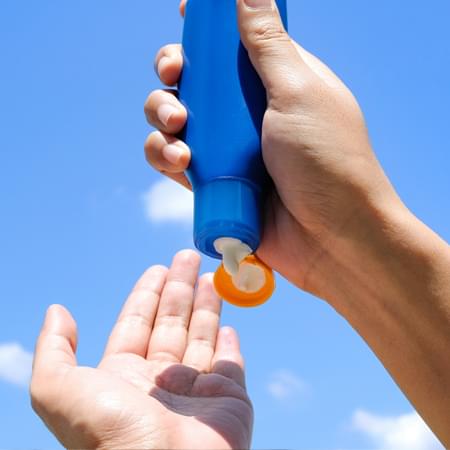
Protect Yourself from Sun Exposure
Health issues related to sun exposure and how you can protect yourself

Nutritional Values of Fruits in Summer Season
Include fruits in your daily menu, in whichever way you like, and stay healthy
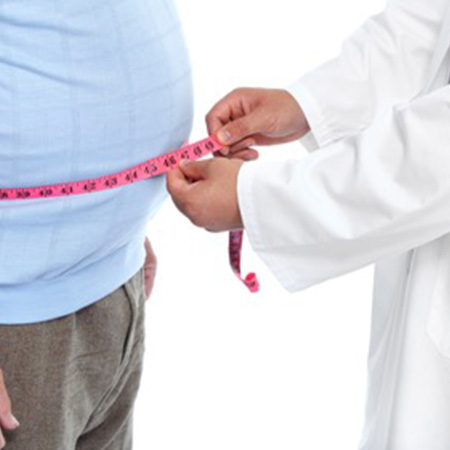
Obesity Preventive Tips
Encouraging people who suffer from obesity to take part in safe solutions to weight loss, lifestyle change, and weight maintenance
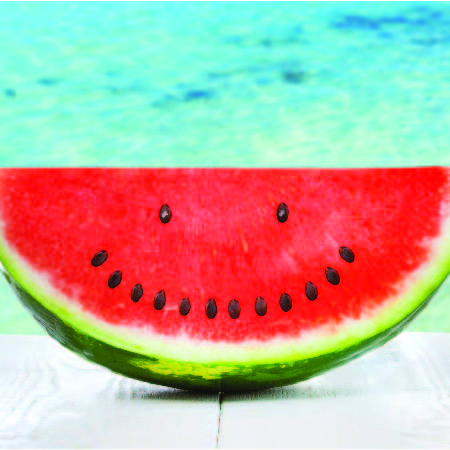
Staying cool and healthy during the summer
We tend to forget that the sun’s shine and brightness can be quite harmful during the summer. Tips to stay healthy and cool during summer
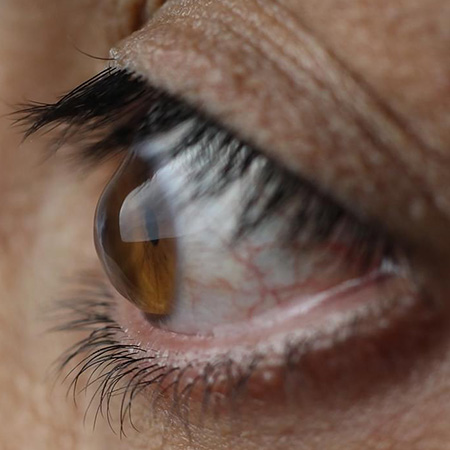
Keratoconus diseases
Keratoconus is an eye disease that affects the Cornea, the clear transparent part of the eye. This disease causes progressive thinning and protrusion of the cornea giving it a conical shape.

Medication Safety Tips
No matter what type of medicine your doctor prescribes, it's always important to be safe and follow medication safety measures
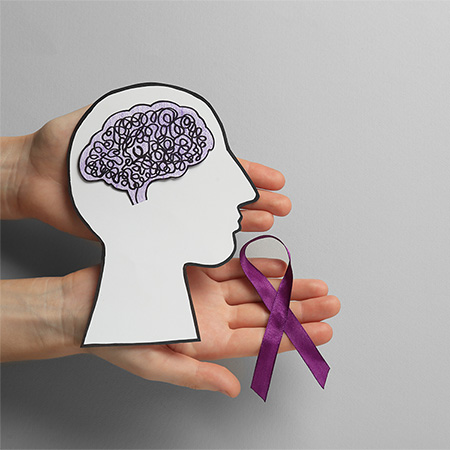
Alzheimer’s Disease
Learn about Alzheimer’s disease, it's symptoms, causes and risk factors, and what to do if you have Alzheimer's disease

Fight Breast Cancer Tips
Proper nutrition and exercise play important roles in reducing the risk of breast cancer
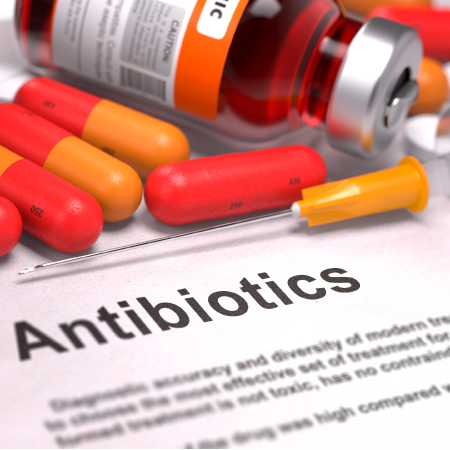
Antibiotics
Learn how to properly use antibiotics to avoid resistance and protect your health

Effective Medication Depends on Efficient Communications
Collecting your medication from the pharmacist is not just a medication transaction but an opportunity to enhance your understanding of the medication and better care for your health.

From Prediabetes to Normal Blood Sugar
JHAH Tawazon Program works with pre-diabetic patients to help them modify their lifestyle to prevent or delay type 2 diabetes

Make the most of your Pharmacy Visit
Here are a few essential points to discuss with your pharmacist to better understand your medication to ensure your wellbeing.

The Four Cs of Food Safety
Four simple and practical guidelines that will help you to keep safe from food-borne diseases in your kitchen

Save lives, donate blood
Read our expert advice on blood donation guidelines and how you can play a role in saving lives
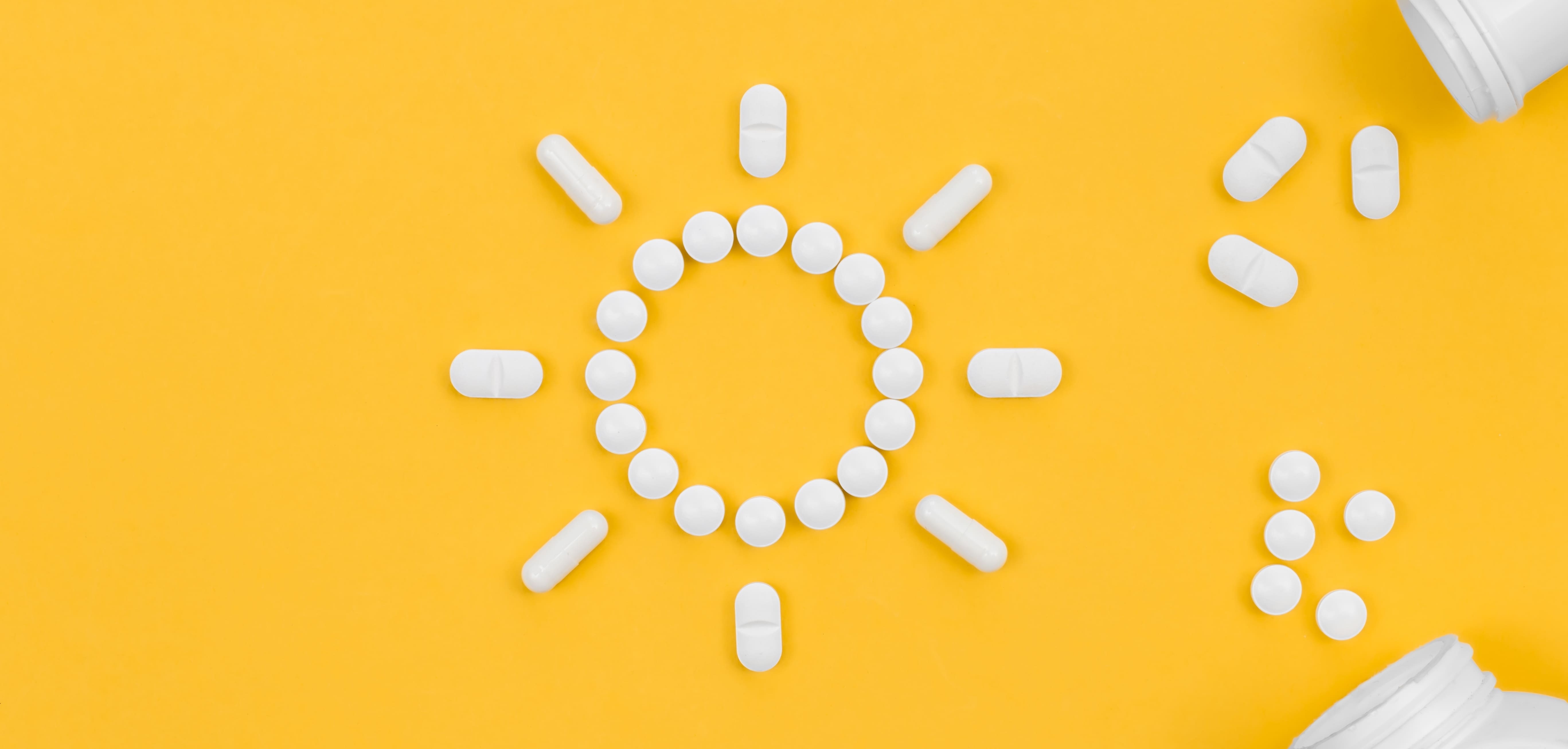
Essential Tips to Safeguard Medications in Summer
Protect your medications against the heat of summer with a few simple tips

Importance of Consuming a Healthy Breakfast
Start your day with nutritious foods to boost your energy and metabolism levels

Tips for Healthier Sweets
JHAH Clinical Nutrition and Food Services Unit is here to help you make your sweets healthier, lighter and heart friendly
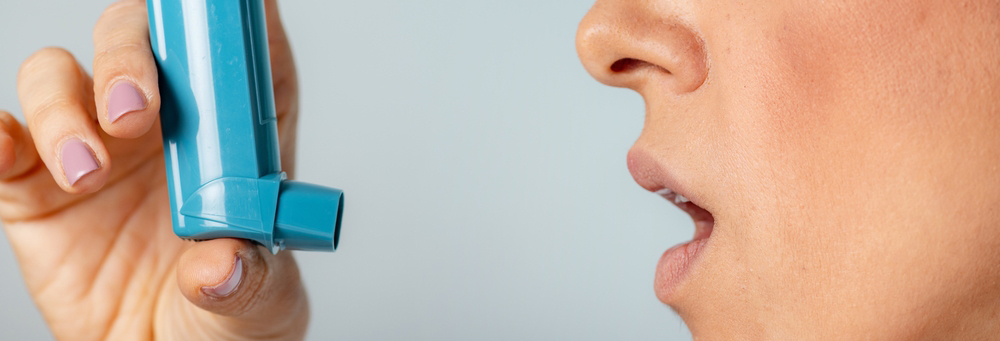
Asthma Inhaler Essentials: Techniques for Effective Use
Important techniques to ensure effective delivery of medications to the lungs

Recognizing Dehydration When Spending Time Indoors
Signs of dehydration indoors, symptoms to watch, and tips to stay hydrated even without thirst.

Al-Hasa Health Center Performs First Triple ENT Surgery
Three ENT surgeries significantly improve the breathing of a 21-year-old patient.
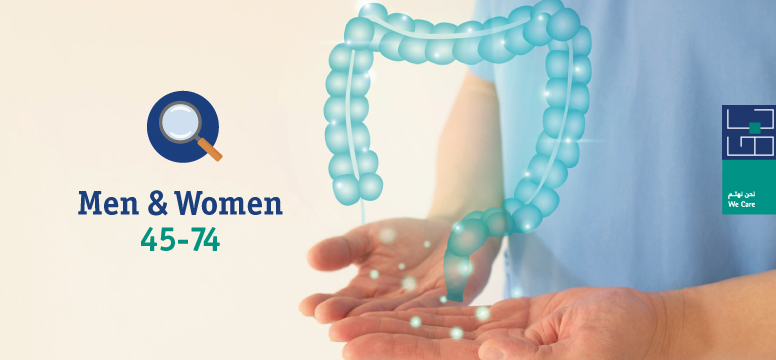
Colon Cancer Screening: A Crucial Step for Your Health
Colon cancer screening can detect the disease in its early and treatable stages
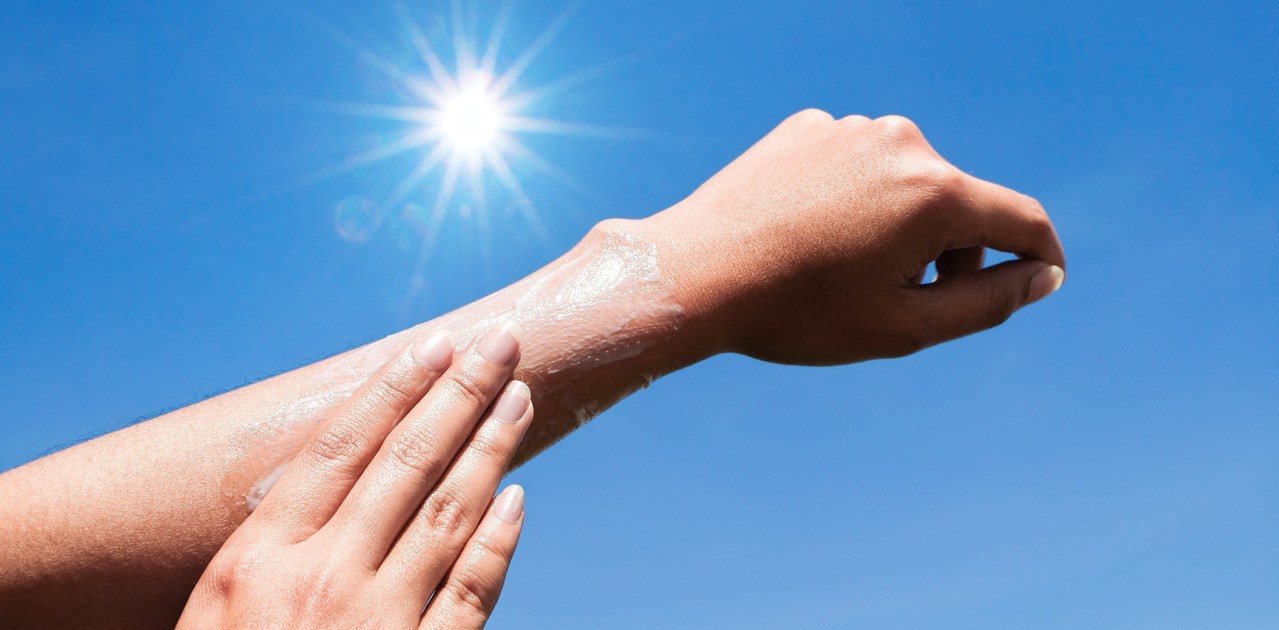
Adapting to Heat: Skin Care Tips
Scientifically backed tips to keep your skin in top condition.
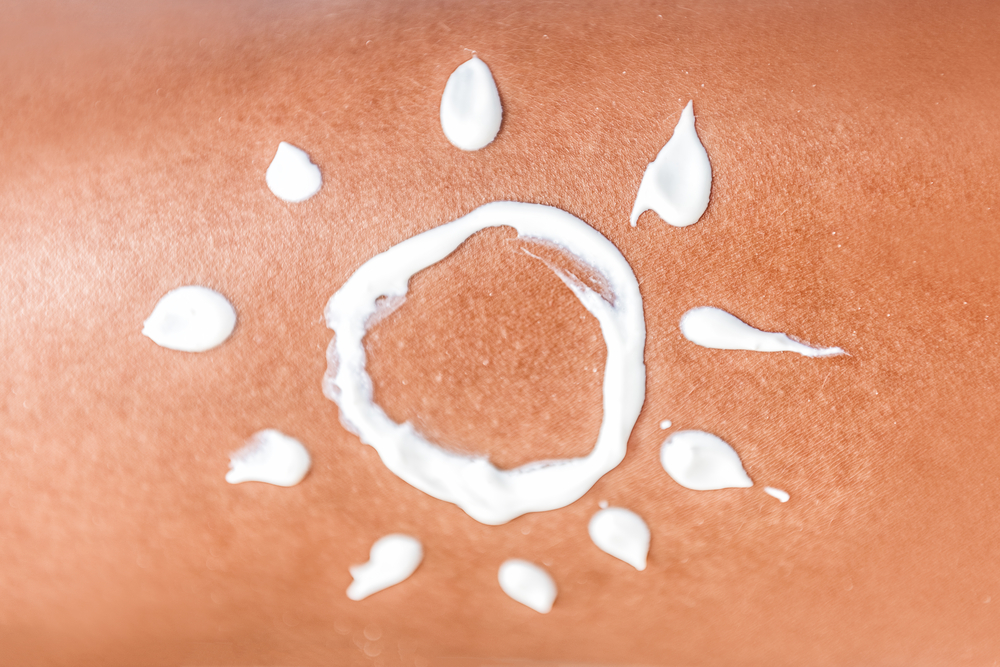
Skin Care for Healthy Skin
Enjoy being outdoors while keeping your skin healthy, protected and radiant

Winter Wellness
Discover key tips to prevent infections this flu season and effective home remedies to manage cold symptoms.
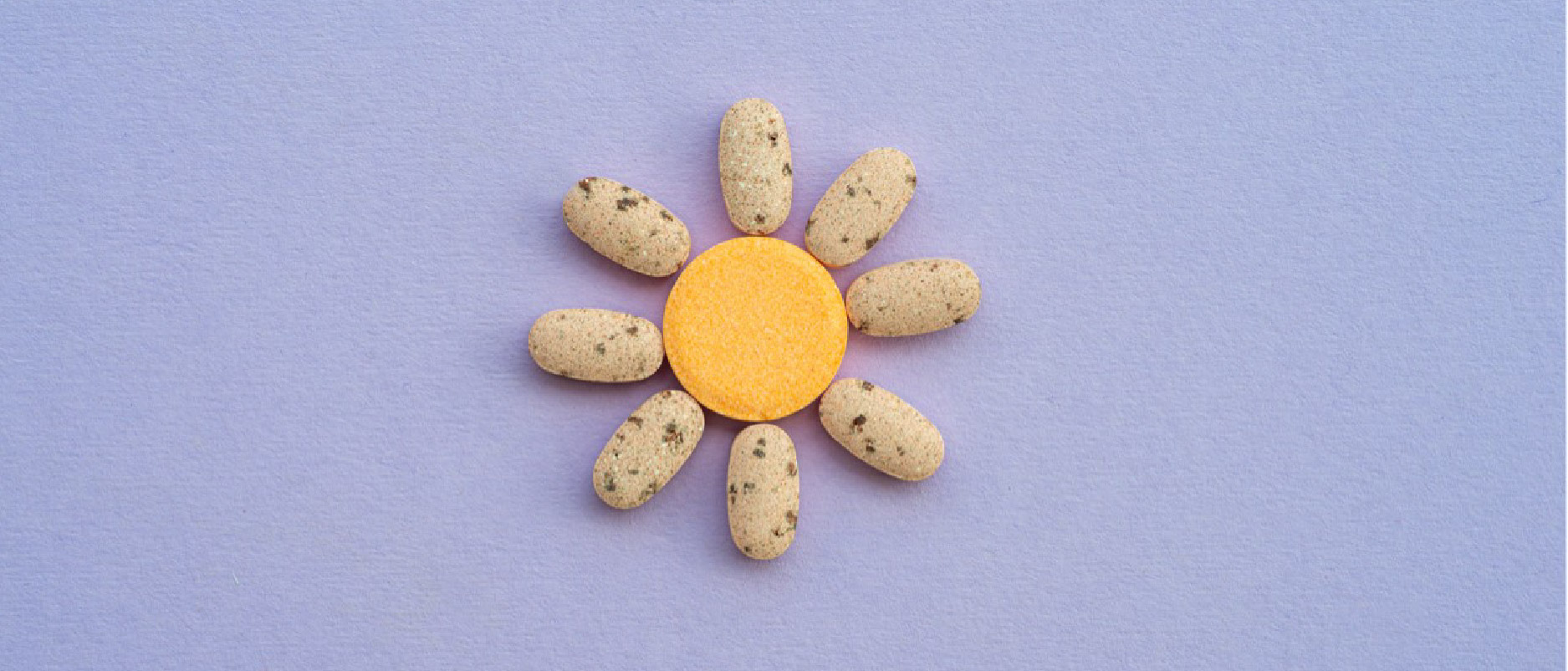
The Importance of Vitamin D in Human Life
Explore the vital role of vitamin D in health and learn how to maintain adequate levels through diet and sunlight.
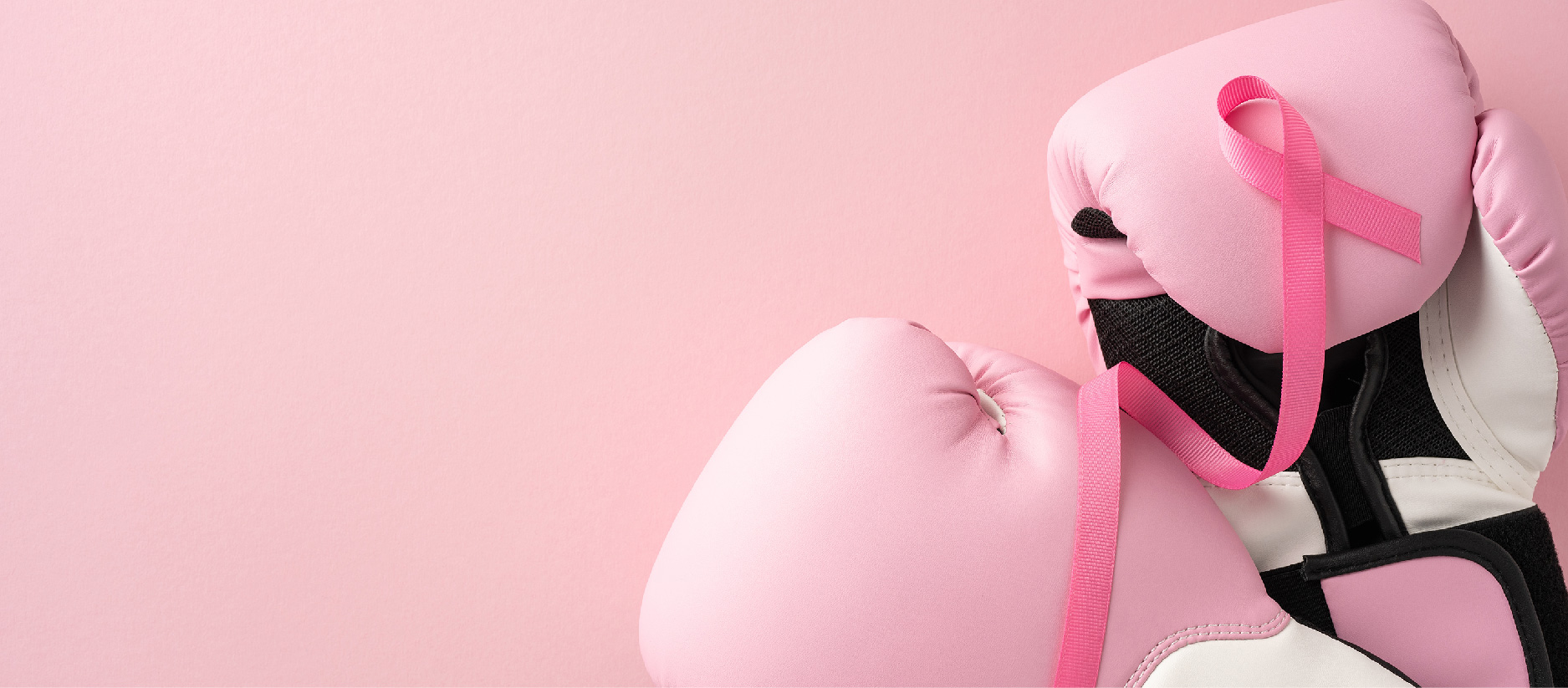
Breast Cancer: Know It, to Beat It
Explore essential insights on breast cancer, its risks, symptoms, and treatment options.

International COPD Day
Join us for International Chronic Obstructive Pulmonary Disease Day as we raise awareness and clear misconceptions.

Fall Prevention Tips
Explore the risks of falling and learn key effective prevention strategies.

Fight Anemia and Power up with Iron Rich Food
Iron deficiency anemia, its causes, symptoms and effective dietary strategies.

The Art of Pillow Selection
Discover the importance of selecting the right pillow for alleviating neck and shoulder pain and enhancing sleep quality.

Infection Prevention and Control Guidelines
Discover essential practices for reducing infection risks. Stay informed and protect your health and the health of others

Tips to Maintain Eye Health at Work
Relieve eye strain and improve focus with the 20-20-20 rule and other tips

Internet Safety Tips for Kids in Cyberspace
Help children stay safe online by teaching privacy, secure settings, and cyberbullying awareness

Your Health in Cold Weather
Boost immunity and well-being this winter with healthy habits, exercise, hydration and sleep
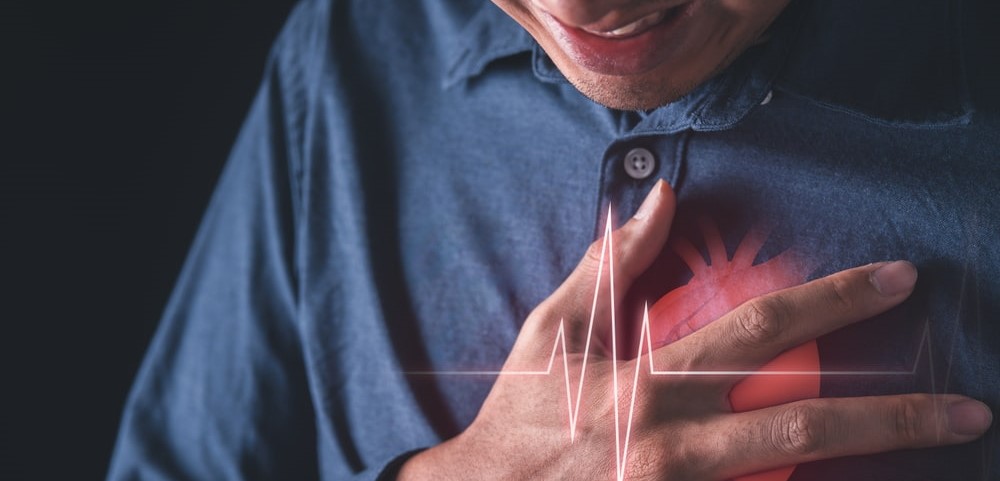
Heart Disease: Risks and Prevention
Raise awareness for heart disease prevention through healthy habits, diet, and stress management

Strengthening children's muscles
Explore how children's exercise programs focus on neurological adaptation and muscle learning rather than muscle size alone
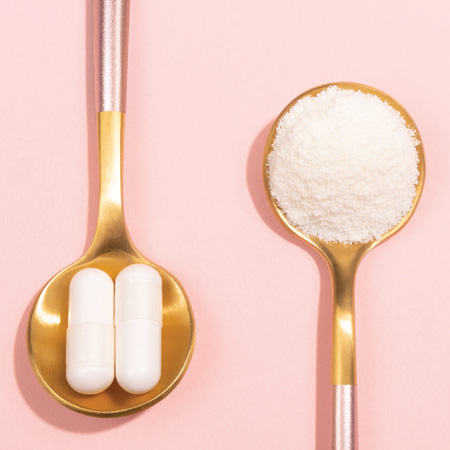
Should I take a collagen supplement?
Learn about collagen, its role in your body, and how diet and lifestyle impact its production

Managing Anxiety and Winter Depression
Tips for coping with seasonal challenges to boost your mood and wellbeing

Social Media & Gaming Addiction: Warning Signs, Risks, and How to Take Control
Hooked on social media or gaming? Learn how constant screen time could be harming your health and what you can do about it.

Importance of Vitamin D in Human Life: Key Aspects and Insights
Discover how Vitamin D plays a vital role in your health—from boosting immunity and mood to strengthening bones and supporting heart function.

Invisalign Clear Aligner Orthodontic Treatment
Looking for a discreet way to straighten your teeth? Invisalign clear aligners at JHAH offer a comfortable, effective, and nearly invisible alternative to braces.

Minor Illness Management
Feeling under the weather? Discover practical tips to care for yourself or your child at home when dealing with flu or stomach illness.
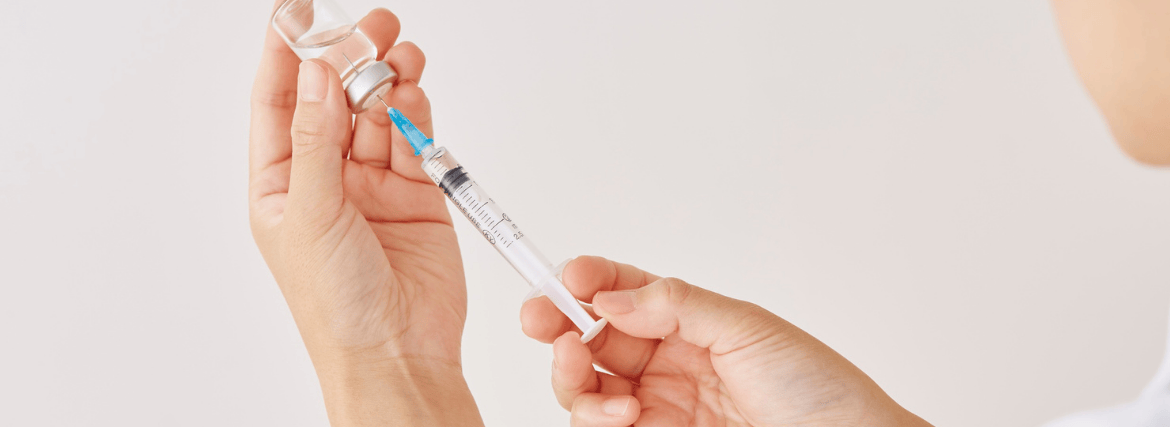
Immunization Issues
Vaccines, immunity-boosting tips, and hygiene habits that help you stay healthy and reduce the spread of seasonal viruses.
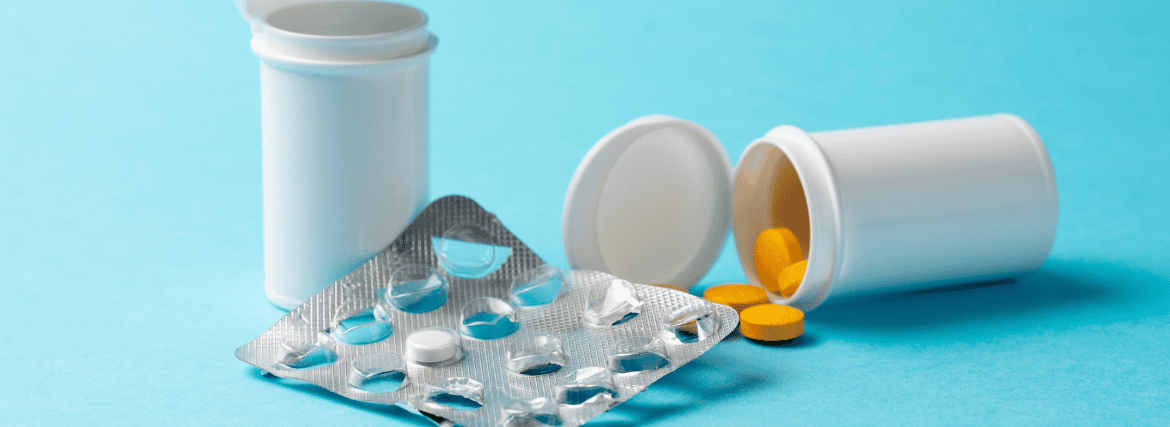
Using Opioid Medications Safely
Opioids can relieve pain—but only when used correctly. Discover essential safety tips and warning signs every patient and caregiver should know.

Why you should quit
Smoking harms nearly every body organ. The earlier you quit, the greater the health benefit. Learn how

Healthy and Fun Lunchbox Ideas for Kids
Give your kids the energy boosts they need with colorful, balanced lunchbox ideas that stay fresh until lunchtime.

Helping Children Adjust in the First Weeks of School
Starting school can be emotional for kids and parents. Learn simple ways to ease anxiety, build steady routines, and make the first weeks a positive experience

Working Together for a Healthy School Year: Hygiene Tips for Kids, Parents, and Teachers
Keeping kids healthy is a team effort. Explore fun, practical ways for parents and teachers to teach good hygiene, reduce sick days, and keep classrooms thriving

Protecting Children from Sun and Heat at School
Help your child stay cool and safe at school with easy sun protection, hydration tips, and guidance for healthy outdoor play

School Bus Safety Practices
Safe bus rides start with parents. Learn easy rules and reminders to keep kids safe, confident, and stress-free on every school journey

Study Tips for Kids: Reducing Stress and Boosting Confidence
Make homework stress-free with simple study routines, fun habits, and confidence hacks that keep kids motivated to learn.

School Bedtime Tips for Kids: Better Sleep, Better Learning
Make school mornings smoother with simple sleep tips that build healthy routines, calmer evenings, and better focus for kids.
